In introducing the Kingfisher CSR plan in 2001, the then chief executive Sir Geoffrey Mulcahy said it was about three things: managing the risks to the business, preparing the business for the future and improving the lives of those whom the business touches. It is also about ensuring that, while striving to improve our quality of life – which is what the DIY industry is all about – we do not destroy somebody else’s.
Focus Wickes sponsors the Barito Ulu project in Indonesia for rainforest conservation.
It is said that to be genuinely socially responsible, a business needs to consider how it makes its money, not just what it does with it once it has been made. The DIY sector is striving to embrace this philosophy, and there are a number of interesting and worthwhile initiatives in progress which are helping to develop consciousness in this area. Many DIY retailers give extensively to charity and support community initiatives, such as those involving local schools.
One of the more interesting initiatives has been the support given by Wickes (now Focus Wickes) over the last 15 years to a tropical rainforest regeneration programme in Indonesia. Each year the Barito Ulu project in the Kalimantan region receives £ 50 000 (70 500 euro) from the company. This makes Focus Wickes the chief sponsor behind the research station, which exists to look at how a natural tropical rainforest can best be managed and sustainably harvested.
The programme has now been incorporated into the company’s general environmental management strategy. Steve Crewe has recently been appointed head of group environment and has built up a team tasked with all internal and external environmental issues.
A key aspect of the work at the so-called Focus Wickes Base Camp at Barito Ulu is its international nature, with scientists coming from many countries including Britain, Indonesia, Holland and Australia.
From Focus Wicke’s point of view, it is about establishing a sustainable basis for the business to grow in the future – combining CSR with business interests.
“There’s a lot involved with the environmental aspect of our business,” says Steve Crewe, “Timber, peat, chemicals, energy usage, waste disposal, recycling and transport. On timber, FSC certification will make it a…

 Menü
Menü




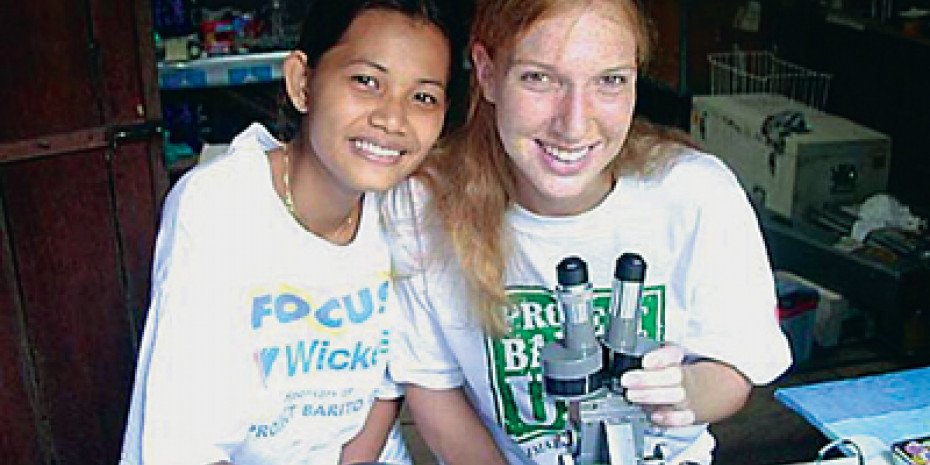

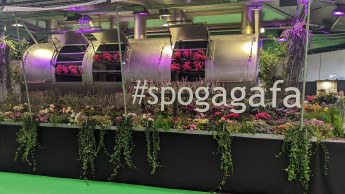
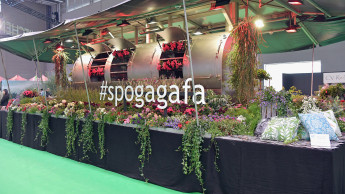
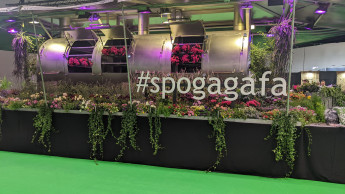
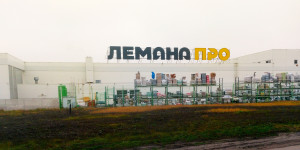


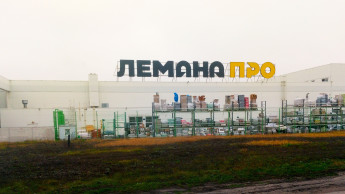
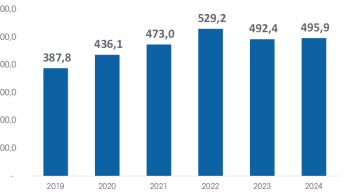
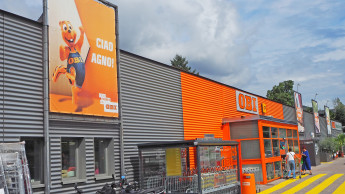
 Newsletter
Newsletter